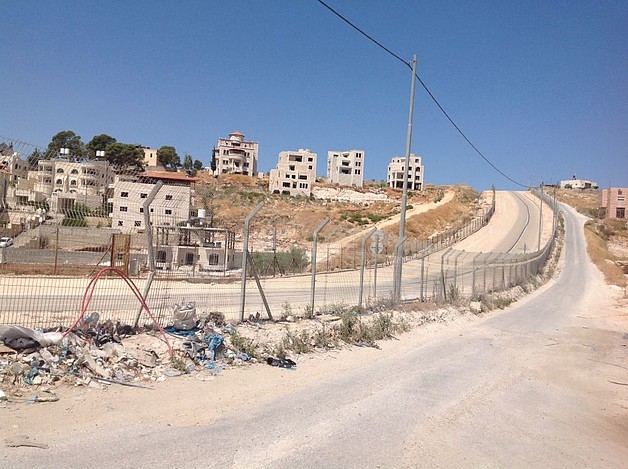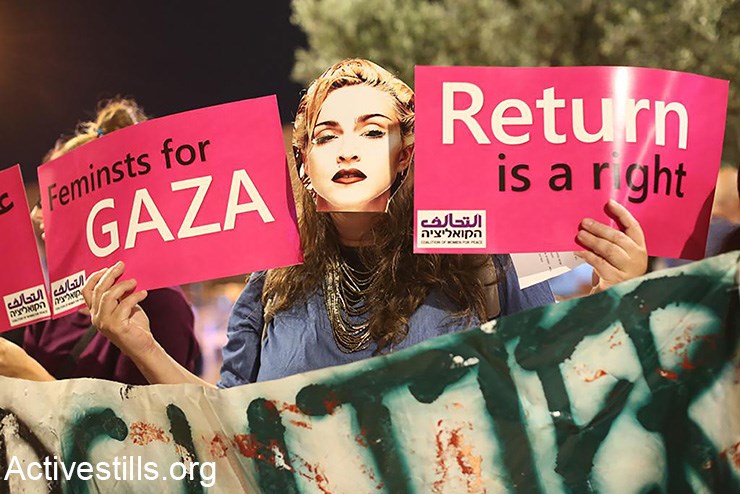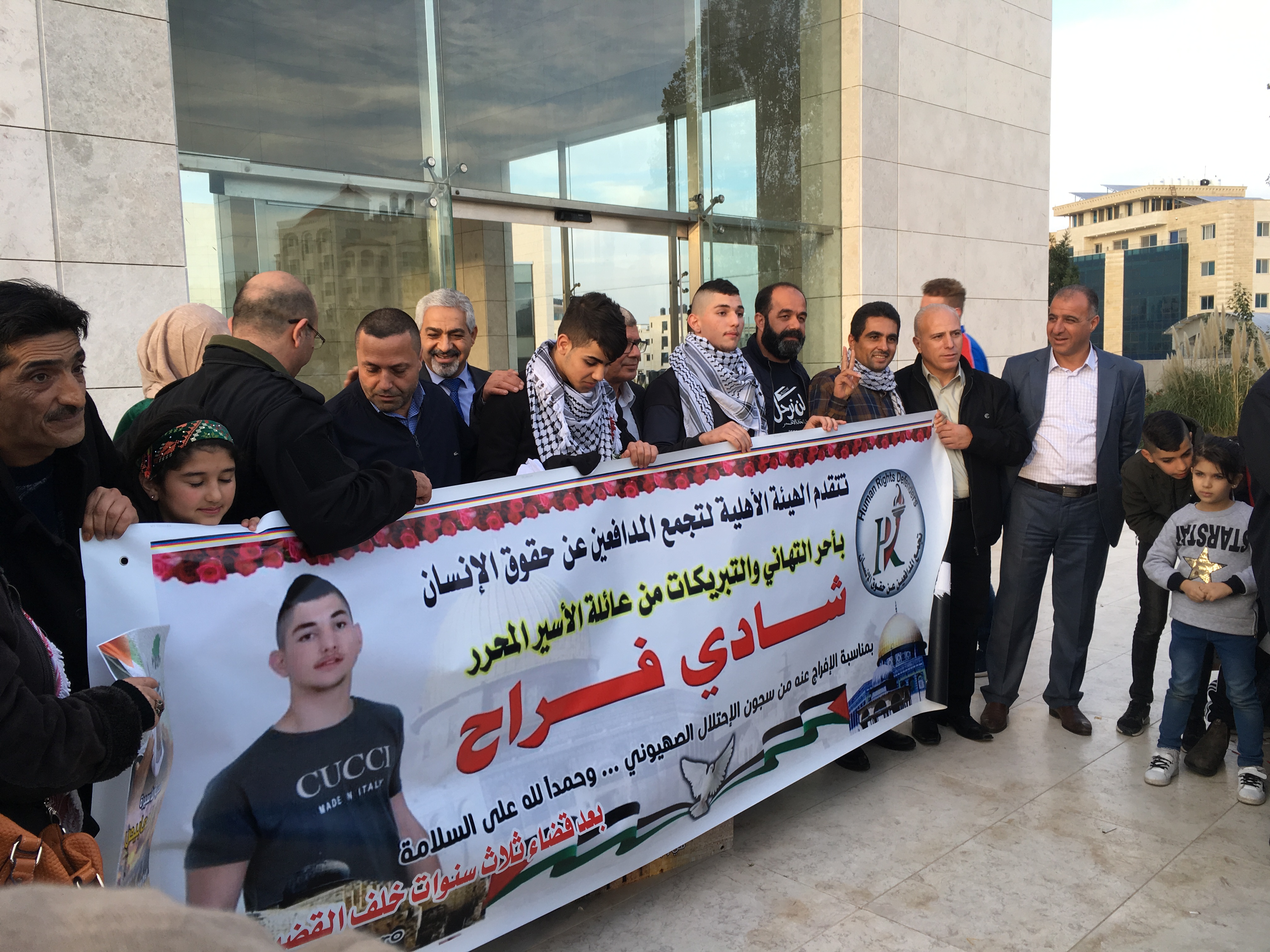Category: In the Media
-
Mondoweiss: Israel is planning on demolishing dozens of East Jerusalem homes under PA control
July 18 | Yumna Patel | Mondoweiss In less than 24 hours, 42-year-old Ismail Obeidiya, his wife Nida, and their six kids, could be made homeless. It’s a terrifying reality that Obeidiya is struggling to grapple with, his unease and frustration more palpable with every word. “We fought so long and so hard, for years,…
-
ISM Week of Action Against Eurovision
May 2019 | International Solidarity Movement| occupied Palestine ISM’s week of action against the Eurovision in Tel Aviv In coordination with the Palestinian Boycott National Committee (BNC) and The Palestinian campaign for the Academic and Cultural Boycott of Israel (PACBI) and in collaboration with Israeli anti zionist groups has been a huge success! From before…
-
Shadi Farah and Ahmad Zaatari are finally released from Israeli Jail
3rd December 2018 | International Solidarity Movement, Ramallah Team | Ramallah, Occupied Palestine



